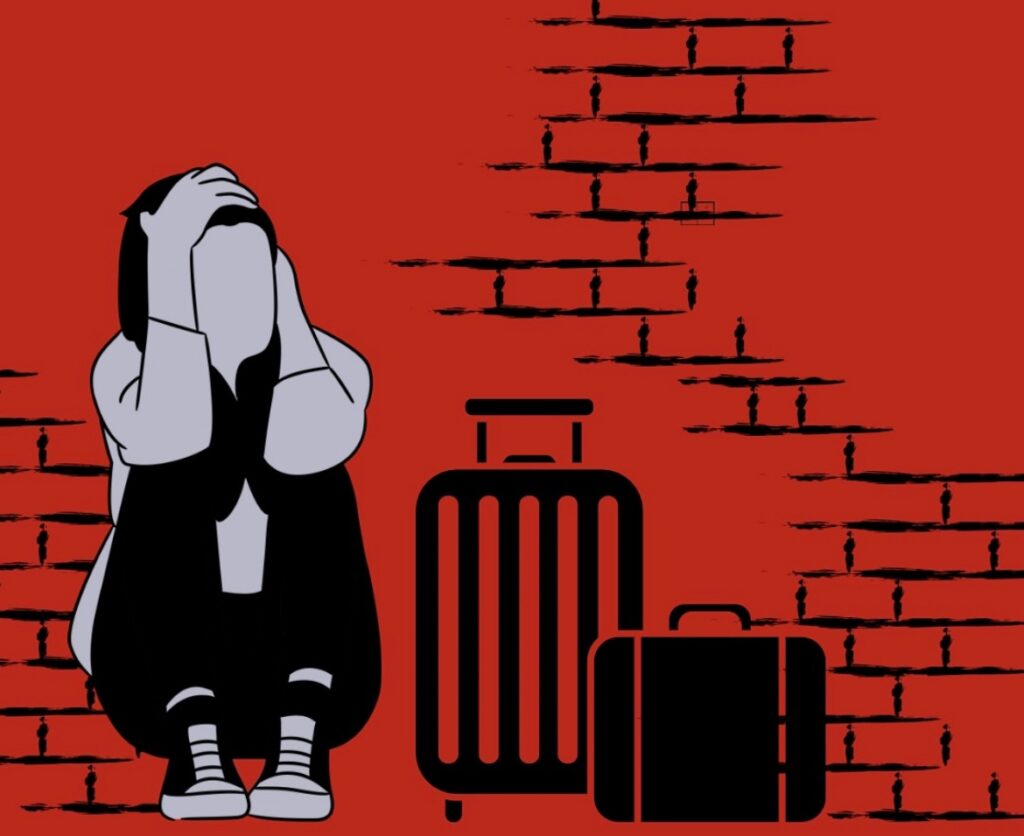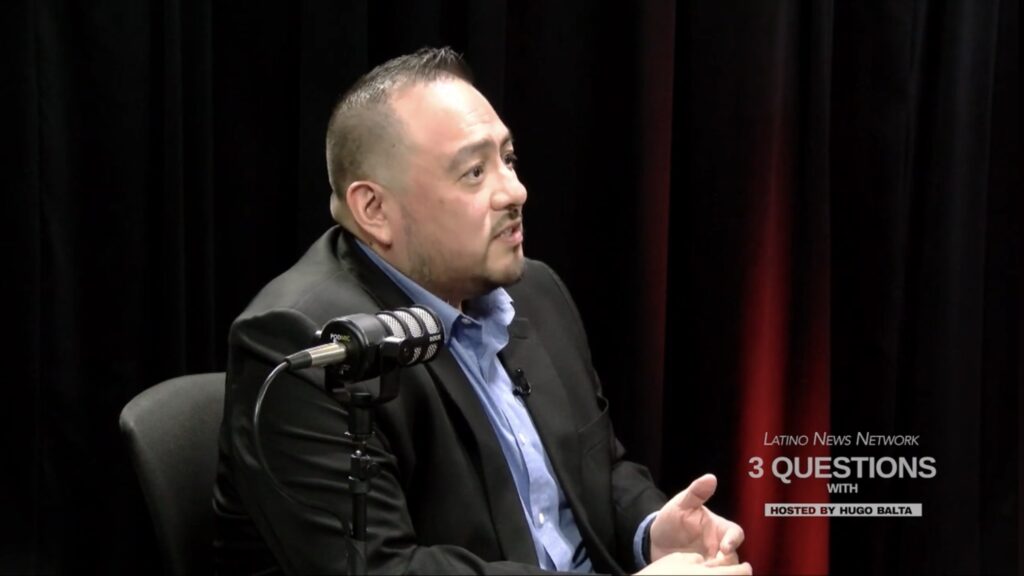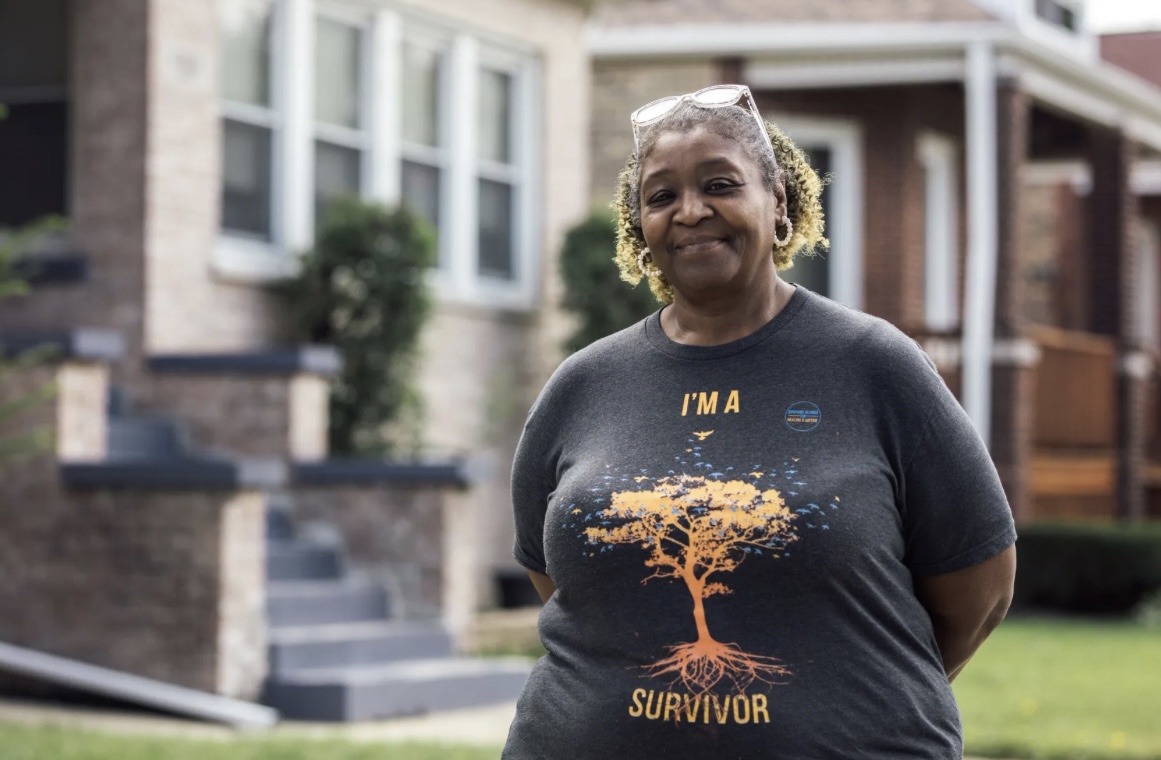Multigenerational living is a cultural practice, a way of life, and a manifestation of family bonds. However, all too often, and at an increasing rate, many Latinos are living in multigenerational or multifamily situations not by choice but due to economic need, writes Anna Arzuaga, the Housing Policy Analyst for the Latino Policy Forum.
Such economically necessitated living arrangements are referred to as “doubling-up.” Doubled-up living is a survival strategy in response to financial distress and depends on mutual support systems within the extended family network.
La Casa Norte, a nonprofit that helps unhoused youths and families -follows a Housing First model. The organization offers a continuum of housing resources and services to Chicago’s West and South Side communities who experience or are at risk of homelessness.
Jose Muñoz, Executive Director of La Casa Norte was a guest on the program “3 Questions With…” hosted by Hugo Balta, publisher of IL Latino News.
“There’s about 19,000 individuals that are experiencing homelessness in the city of Chicago that are Latino,” said Muñoz. “About 91% of them are doubled-up.” A dangerous situation contends Muñoz, especially for young people who run the risk of being abused and trafficked.
Research indicates that the Latino community’s homeless population has been inaccurately represented in data due to the common practice of multigenerational living. This is because the Department of Housing and Urban Development’s (HUD) definition of homelessness does not consider those who live doubled-up.
As numerous housing assistance programs and services heavily depend on HUD funding, individuals in these populations do not meet the criteria established by HUD, rendering them ineligible for a wide range of support services.
SUGGESTION: ‘Doubling Up’ Homelessness: An Invisible Crisis

In 2018, housing advocates launched the ‘Bring Chicago Home’ campaign, which calls for a dedicated revenue stream that would provide permanent affordable housing and wraparound services to those experiencing homelessness by increasing the tax rate buyers pay on property sales over $1 million. “It’s a historic opportunity to really end homelessness in Chicago and serve the double up population,” said Muñoz by leveraging new funding for homelessness services and affordable housing programming.
Chicago’s City Council adopted and passed a binding referendum in early November. It will now be up to voters to decide if it will be implemented in the upcoming March primary.
Muñoz knows all too well what it’s like to be in a double-up situation. “We bounced around a lot,” remembers Muñoz about being a child, with his siblings, and his mother having to live with aunts, uncles, and friends and family. “We were part of those invisible families that were experiencing homelessness, but never got counted.”
Muñoz’s life changed the day his daughter was born. “I made a promise to that little girl. I was not going to allow her to be homeless or to bounce around or live the way that I did,” he said. Muñoz, like his mother before him, worked multiple jobs. He often had to decide between keeping himself housed or his daughter. He did not live with her at the time. “I chose to keep her housed which meant (me) staying with friends. I was doubled-up. There were moments when I was living out of my own car; slept at work,” he remembered.
It took Muñoz about ten years before he felt he was stably housed and was able to get a higher education. He has a bachelor’s degree in business from Chicago State University.
Muñoz joined La Casa Norte in February 2020. “When I got to La Casa Norte; for me it was a dream come true because now I got to do something that was directly related to how I grew up,” he said.
Muñoz’s advice for people who like him are experiencing homelessness is to never give up and to ask for help. “Don’t be afraid to ask for help. Homelessness didn’t define who I was; it was just a situation I was in.”
Publisher’s Notes: Illinois Latino News, in partnership with the Latino Policy Forum, thanks the generous support of Chicago Funders to End Homelessness (CFTEH) in providing the funding to make the special coverage possible.
“3 Questions With…” is co-produced by the Latino News Network (LNN) and CAN TV, Chicago’s hub for community-centric news, hyperlocal stories, and educational resources.
You can support stories like this one by donating to IL Latino News, HERE.




